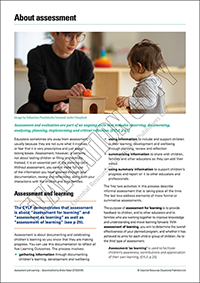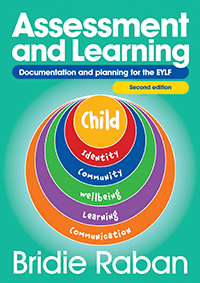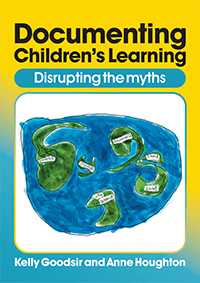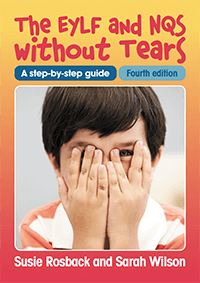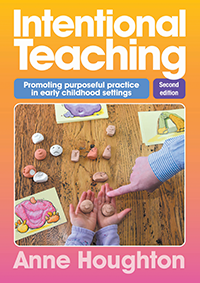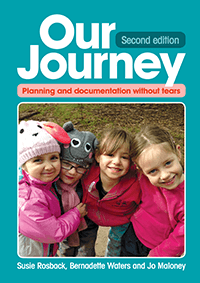
Assessment and Learning - Second edition
Documentation and planning for the EYLF
Assessment and Learning - Second Edition is written by well-known Essential Resources author Bridie Raban.
The first section of the resource focuses on documenting children's learning and how this relates to the Early Years Learning Framework (EYLF 2.0). It provides insights into the 'why' and 'how' of EYLF documentation. There are discussion questions to prompt effective reflective practice by early childhood educators and directors.
The following sections highlight early childhood planning and assessment. Planning and assessment are linked to the EYLF principles and practices - for example, how planning relates to intentional practice. The forms of assessment in ECE are also explored - assessment for learning, assessment of learning and assessment as learning.
At the heart of Assessment and Learning is how documentation, planning and assessment foster each child's development and well-being through rich learning opportunities.
|
AUD incl GST
|
Add to cart | |
| or more | each |
